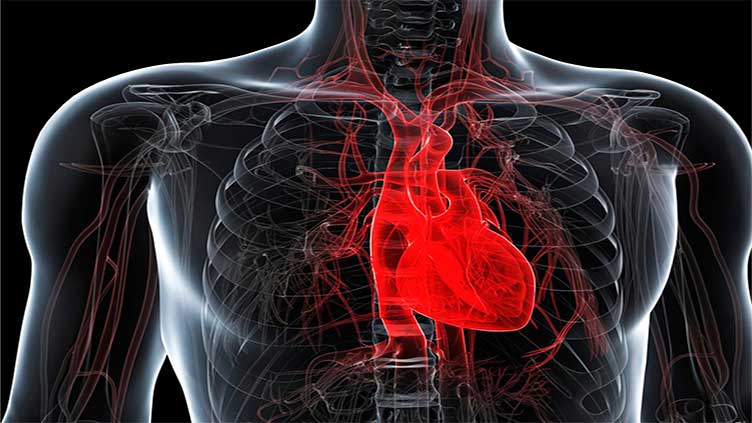New hope on heart disease as science offers early detection, prevention

Scientists say they are moving towards earlier indentification
(Web Desk) - Scientists say they are moving towards earlier indentification and prevention of heart disease.
The development is the result of a programme that monitored thousands of women for three decades while assessing their susceptibilities to cardiac illness.
The scientists presented the work as late-breaking research at the European Society of Cardiology Congress in London and published it in the New England Journal of Medicine.
“We hope these findings move the field closer to identifying even earlier ways to detect and prevent heart disease,” said Paul Ridker, study author and director of the Center for Cardiovascular Disease Prevention at Brigham and Women’s Hospital, Boston.
The researchers collected blood samples and medical information from 27,939 healthcare providers in the US between 1992-95.
After 30 years, 3,662 study participants experienced a heart attack, stroke, surgery to restore circulation or a cardiovascular-related death.
Levels of C-reactive protein (CRP), a marker of inflammation, were measured, along with low-density lipoprotein (LDL) cholesterol and Lp(a), a lipid partly made of LDL.
When all three measures – LDL cholesterol, Lp(a) and CRP – were assessed together, participants with the highest levels had more than a 1.5-times increased associated risk of stroke and more than a three-times increased associated risk of coronary heart disease compared with women showing the lowest levels.
The researchers noted that while only women were assessed, they would expect to find similar results in men.
To prevent these fats and proteins from building up in the blood, the researchers emphasised measures that include taking regular physical activity, eating a healthy diet, managing stress and avoiding tobacco.
Other measures involve taking drugs to lower cholesterol and reduce inflammation. Crucially, the earlier these interventions are made, the better the health outcomes years and even decades later, say scientists.


